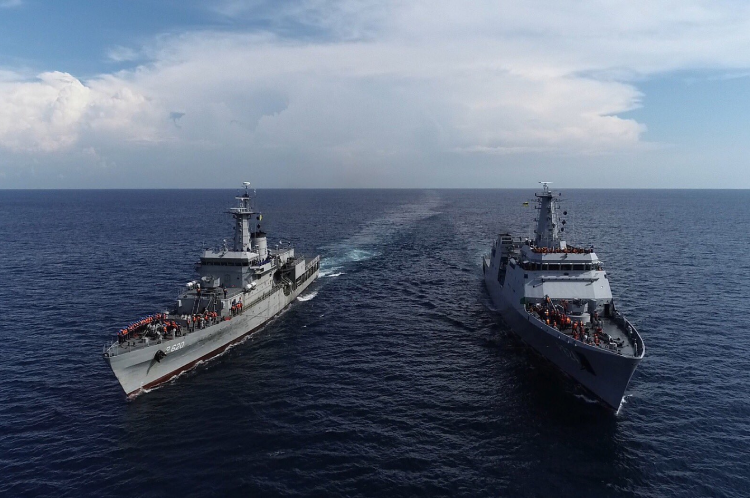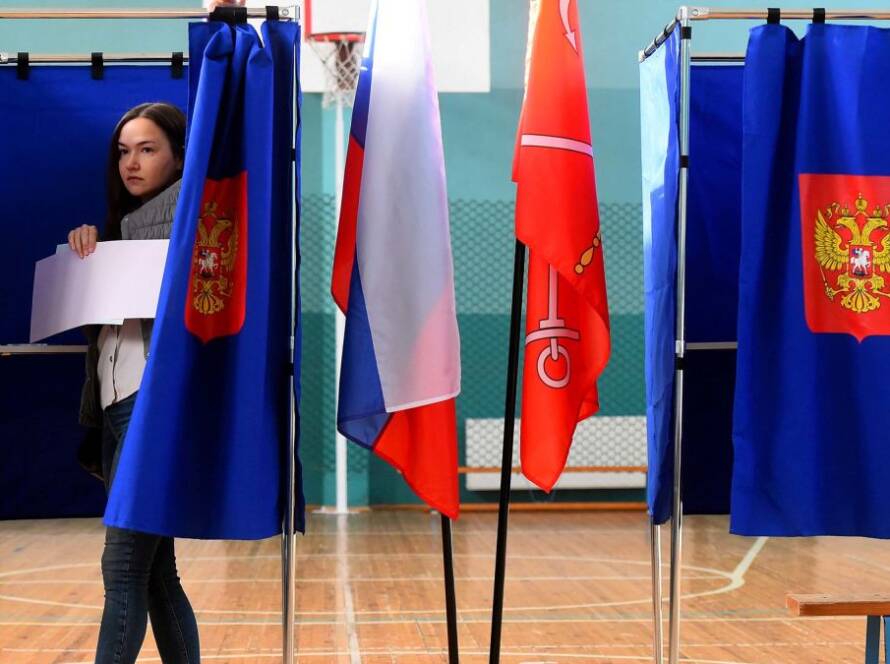By Rathindra Kuruwita
China changed its Constitution in 2018, abolishing term limits on the only top position it had limits on, the presidency. Following this move, certain commentators have been insisting that President Xi Jinping has transformed into a new Mao Zedong. This argument is based on their reading of certain events at the 20th National Congress of the Communist Party of China.
To be sure, these are powerful takes. Nevertheless, they betray a blatant misunderstanding of Chinese politics.
Of course, many people hardly understand how politics in their own countries work. However, people have been raising questions about the significance of Xi’s moves since 2018. This is an attempt to answer these questions and to show what Xi’s moves really amount to.
What happened in 2018
In 2018, the Central Committee of the Communist Party of China, the de jure highest power of the land, proposed a series of changes to the country’s Constitution. These were passed by the National People’s Congress in March 2018.
What is intriguing about these changes is that though they signify the consolidation of absolute power, at another level they indicate the ceremonial position of these offices. Contrary to what mainstream scholars write and say, in themselves these posts hardly contain any power at all.
Governance, Chinese style
The Chinese governance structure is complex. The Communist Party of China (CPC) and the Chinese State are distinct entities, but they have structures that mirror each other. For example, every province (and every other administrative unit, like cities and counties) has a government, with Governors, Mayors, Vice-Mayors, and so on. The Communist Party also has committees for these areas, headed by a Secretary General. Usually, it is the Secretary General who calls the shots. The Mayor isn’t an entirely ceremonial office, but he is subservient to the Secretary General.
The central government has a Prime Minister and he wields substantial power. But in 1982 Deng Xiaoping created the position of President, what we can colloquially call the “fake boss.” This post now coincides with the Secretary General of the Central Committee, what we can call the “actual boss.” Apart from one exceptional instance, where Li Xiannian was President during Hu Yaobang’s reign, the actual boss and the fake boss have been the same since 1982.
It must be noted, however, that Deng Xiaoping was never the Secretary General. He was never the President either. He was the Chief Advisor of an Advisory Committee which he himself had set up. Hu Yaobang and Zhao Ziyang were the Secretary Generals under Deng.
Deng held a very important position called the Chief of the Central Military Commission that controlled the People’s Liberation Army. Even after he retired, in 1989, he kept this post for himself. The PLA was reportedly not too keen on taking orders from Hu Yaobang or Zhao Ziyang, no doubt owing to their liberal political sympathies. Instead, Deng managed to hand these positions – Secretary General of the Party, the Presidency, and the Secretary of the Military Commission – to Jiang Zemin, who took them in three stages. Since then, the idea that one man must hold all three positions, i.e. the trinity (三位一), has become something of a norm in China.
Again, to be clear, the presidency has no power. It is ceremonial. The Secretary General of the Party and the Secretary of the Military Commission are the real wielders of power. The Secretary General has no term limits. Nor does the Secretary of the Military Commission.
Jiang Zemin held these positions in the 1990s. Of course, he could only hold the presidency for 10 years. He reportedly preferred having all three positions. Jiang became Secretary General and Chairman of the Central Military Commission in 1989. However, he delayed becoming President until 1993. This allowed him to hold on to the three offices until 2003, totaling 14 years of actual power.
Jiang chose Hu Jintao to succeed him. In 1998 Hu was made Vice-President. Hu became Secretary General in 2002, President in 2003, and Head of the Military Command in 2005. In 2008, he appointed Xi Jinping as Vice-President. Xi became Secretary General in 2012, then immediately took over the Military Commission. In 2013, he assumed the presidency.
Xi Jinping thought
There is a clear theme that runs through the Constitutional amendments of 2018 and the recently held National Congress: the control of the Party and the enforcement of discipline. The CPC leadership has long been fascinated with Mikhail Gorbachev and the fall of the Soviet Union. From a realist or self-preservationist perspective, their intention in strengthening the party is to ensure that what befell the Soviet Union after Gorbachev will not befall them.
Ever since China opened up, bureaucrats have developed ingenious ways of circumventing the law and enriching themselves. These actions have had serious consequences on China’s stability. Xi has tried to resolve this by spearheading a campaign against corruption. To this end he created a State Supervision Agency, directly answerable to the Central Committee, to investigate public officials accused of illegal activities.
Xi did not come up with this on his own: it is a continuation of an old Chinese tradition. The rationale is clear: all civil servants in the country must behave, obey orders, and stop trying to appropriate more power for themselves. People in China seem rather content with Jinping’s actions and decisions, even though it is clear that the re-disciplining of the party needs more work.
The current Chinese President is a formalist. He does not do sleight of hand. To be as colloquial as possible, he wants everybody to know that he is in charge, that he will be in charge as long as necessary to transform the Communist Party into a disciplined organization.
A new Mao?
Mao did not formally become a dictator until 1966. To turn into one, he had to unleash the Cultural Revolution. Mao unleashed it because he did not feel secure with the Great Leap Forward in 1959. Following the Great Leap, Mao felt he would be purged. This explains his actions after 1966.
President Xi Jinping is in a completely different situation. He has power all over the country, and in an orderly and formal way. He has, in the wider scheme of things, nothing to fear.
From a certain standpoint, it can be argued that it is not from secure power that bad government happens. It rather from a lack of such power, which leads the powerful to overthrow an existing order so as to maintain control. That is what the Chinese historical tradition calls 乱 (disorder). Mao’s time was a disorderly time. Xi Jinping’s time, by comparison, is definitively orderly.
Rathindra Kuruwita is a journalist and a researcher from Colombo, Sri Lanka. He holds a MSc in Strategic Studies from the S. Rajaratnam School of International Studies, NTU, Singapore. He was also a fellow at Daniel K. Inouye Asia-Pacific Center for Security Studies, USA, and a participant of the International Visitor Leadership Program (IVLP) conducted by the U.S. Department of State. He writes on security and international relations to several publications and has written extensively on the Sri Lanka-China relationship.
Factum is an Asia-Pacific focused think tank on International Relations, Tech Cooperation and Strategic Communications accessible via www.factum.lk.
The views expressed here are the author’s own and do not necessarily reflect the organization’s.


